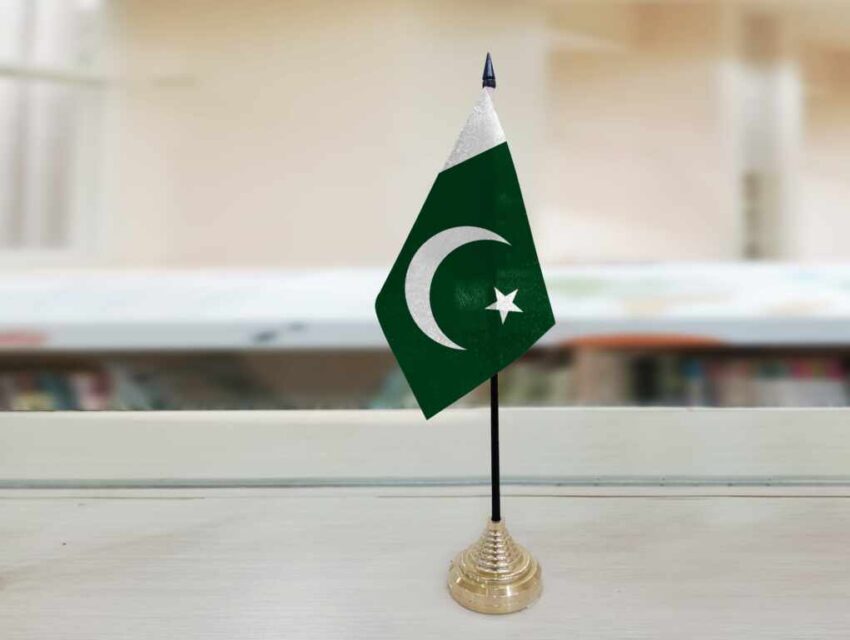Pakistan’s Army Chief Asim Munir has received a controversial White House welcome despite allegations of his country supporting terrorism against India, raising questions about shifting U.S.-Pakistan relations.
At a Glance
- Pakistan’s Army Chief, Asim Munir, was invited to Washington D.C. for the 250th anniversary of the U.S. Army.
- The invitation comes shortly after an alleged Pakistan-sponsored terror attack in Pahalgam, India, raising alarms in New Delhi.
- The visit signals a potential diplomatic reset after nearly 15 years of largely stagnant U.S.-Pakistan relations.
- U.S. Centcom commander General Michael Kurilla has praised Pakistan as a “phenomenal partner” in counter-terrorism.
- Historically, Pakistan has received billions in U.S. military and economic aid during periods of close cooperation.
A Diplomatic Reset Amid Terrorism Concerns
Field Marshal Asim Munir’s visit to Washington D.C. signals what could be a significant shift in U.S.-Pakistan relations. The invitation, extended by U.S. Central Command (Centcom) commander General Michael Kurilla, coincides with celebrations for the 250th anniversary of the United States Army. However, as detailed by media outlets like Firstpost, the timing has raised eyebrows, particularly in India, as it comes shortly after a terror attack in Pahalgam that Indian authorities claim was sponsored by Pakistan.
The controversial invitation reflects the complex nature of America’s relationship with Pakistan. The Trump administration appears to be pursuing a diplomatic reset, prompting questions about whether U.S. foreign policy is adequately addressing India’s security concerns.
A Complicated History of Strategic Partnership
U.S.-Pakistan relations have historically been characterized by periods of close cooperation followed by deep estrangement. In a detailed analysis from The Economic Times, the report notes that the relationship reached a high point after 9/11, when Pakistan became a crucial ally in the War on Terror and was designated a “Major Non-NATO Ally.”
This led to over $10 billion in U.S. military and economic aid between 2001 and 2008. “Who would refuse,” a former Pakistan Foreign Minister once said, referring to the strategic advantages his country has gained from the American partnership.
President Trump’s Evolving Pakistan Policy
During his first term, President Trump took a hard line against Pakistan, suspending security assistance and criticizing the country for providing “nothing but lies and deceit.” However, his administration’s approach now appears to have softened considerably. General Kurilla’s recent characterization of Pakistan as a “phenomenal partner” stands in stark contrast to previous assessments.
The White House meeting between President Trump and General Munir further underscores this shift. While details of their discussions remain limited, the visual of Pakistan’s army chief being welcomed at the White House sends a powerful message about America’s willingness to reengage despite ongoing terrorism concerns.
Economic and Strategic Calculations
America’s renewed interest in Pakistan likely reflects broader strategic calculations regarding China’s growing influence in the region. Pakistan has become increasingly dependent on Chinese investment, a development that concerns American policymakers. By improving relations with Pakistan, the United States may be attempting to counterbalance Chinese influence while maintaining access to Central Asia.
Click this link for the original source of this article.
Author: Editor
This content is courtesy of, and owned and copyrighted by, https://conservativeamericatoday.com and its author. This content is made available by use of the public RSS feed offered by the host site and is used for educational purposes only. If you are the author or represent the host site and would like this content removed now and in the future, please contact USSANews.com using the email address in the Contact page found in the website menu.








